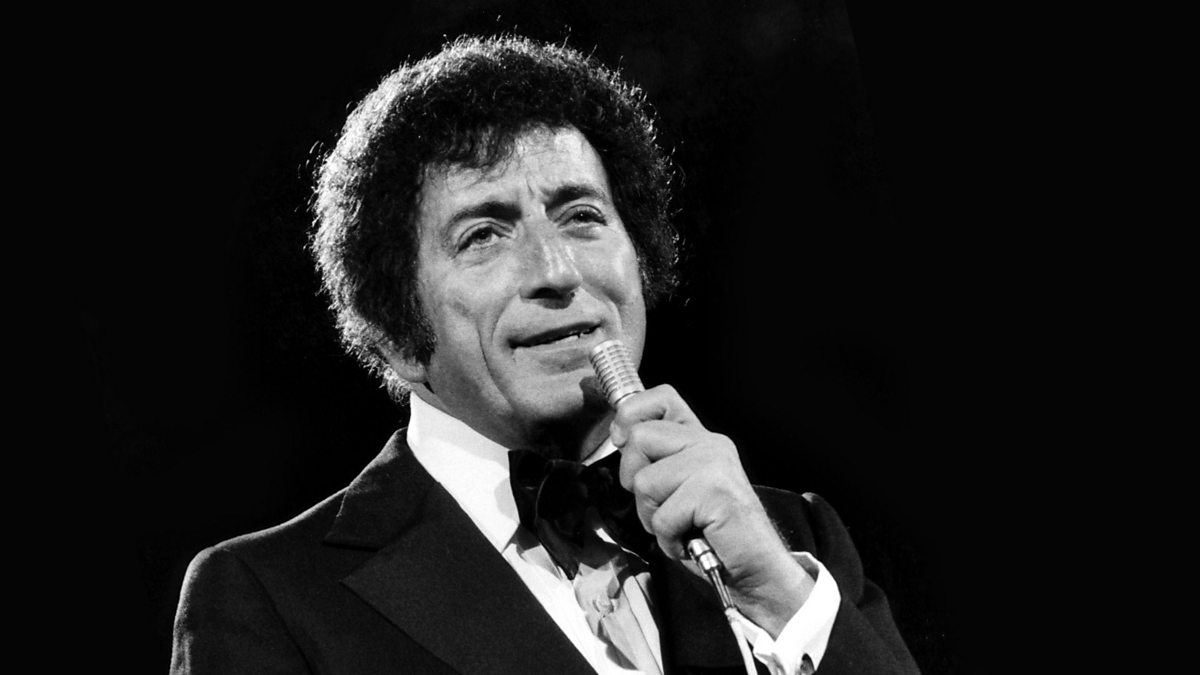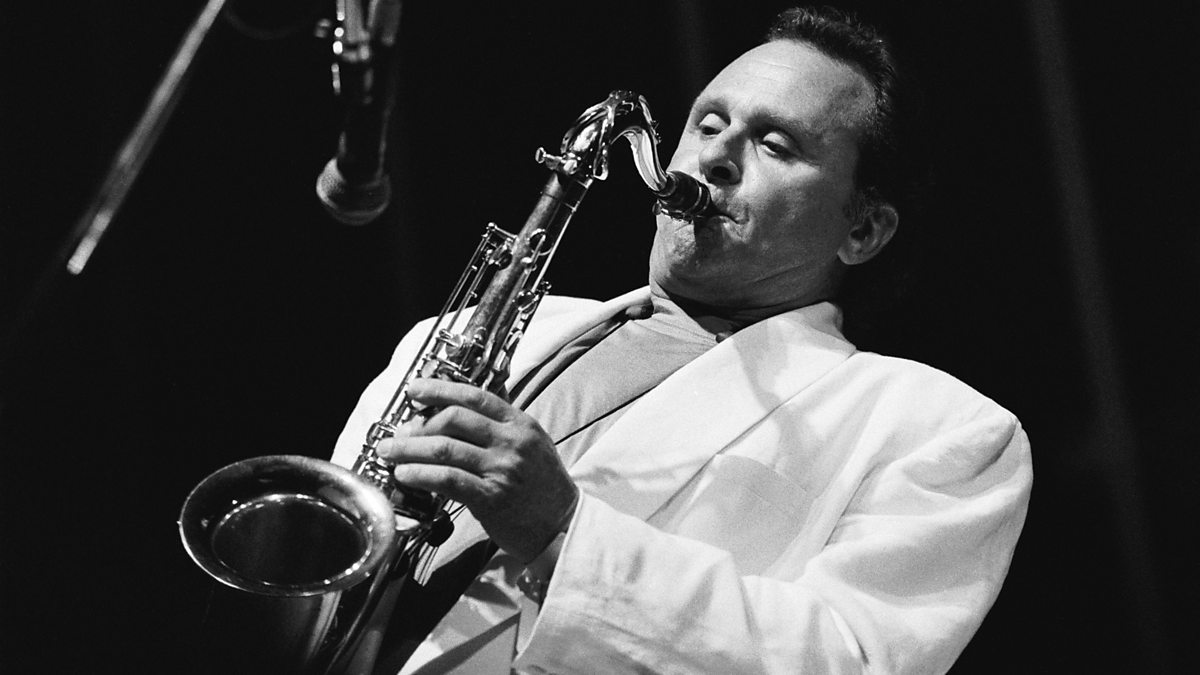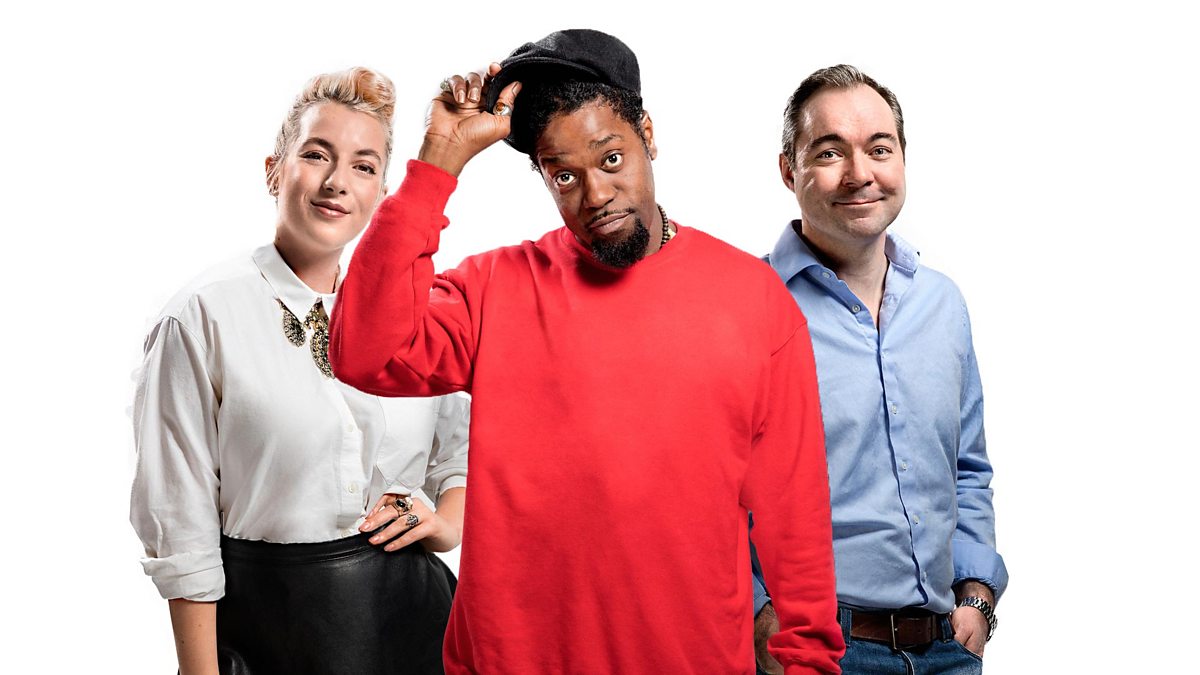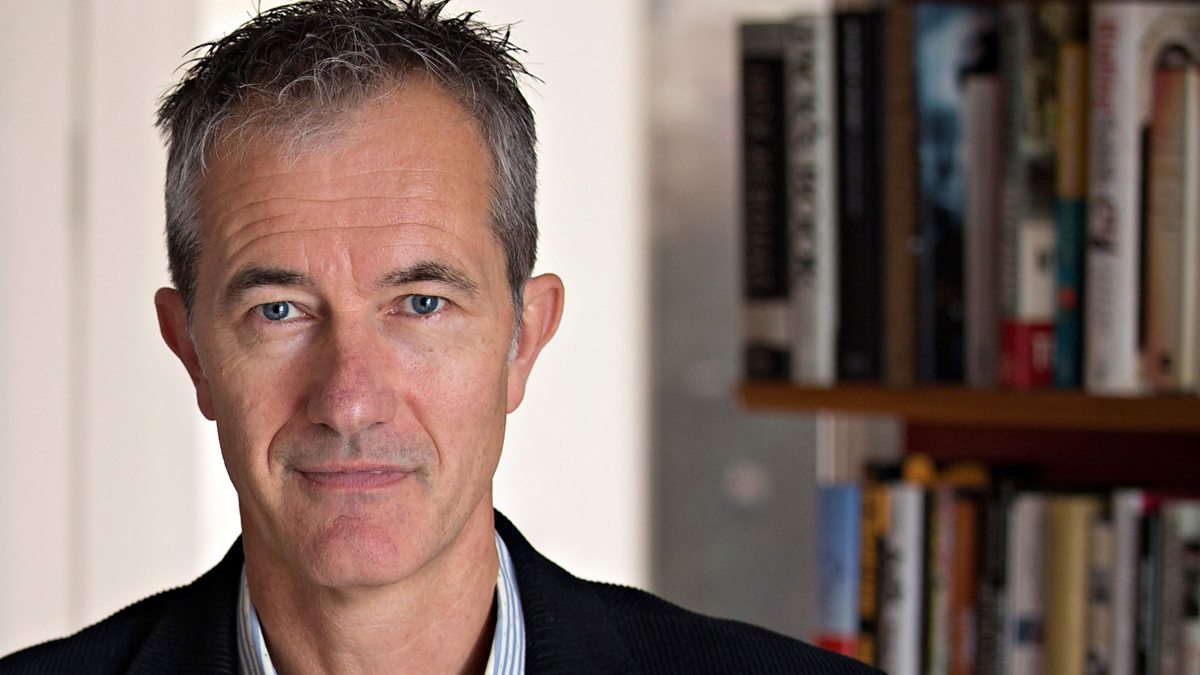Sat 12 Nov
4.00 Jazz Record Requests
Alyn Shipton with requests across the full spectrum of jazz, including music related to food and drink.
5.00 Jazz Line-Up
Claire Martin celebrates the life and music of veteran pop and jazz vocalist Tony Bennett, 90 in August, who has collaborated with a whole host of performers including Lady Gaga and pianist Bill Evans. With contributions from biographer David Evanier, singer Joe Stilgoe and from Bennett himself. See Fri 12.00
12.30am Geoffrey Smith's Jazz
At this year's London Jazz Festival swings into action, Geoffrey Smith spotlights some of its star turns, featuring saxophonists Kamasi Washington, Joshua Redman and Tim Garland, pianists Brad Mehldau, Jason Moran and Robert Glasper, and vocalists Norma Winstone and Madeleine Peyroux.
If you're not tucked up in bed, Mummy will be very cross.
Mon 14 Nov - Fri 18 Nov
12.00 Composer of the Week: Bill Evans (1929-1980)
Repeated 6.30 each day
11.00 Jazz Now
Soweto Kinch presents a concert given earlier this evening at the London Jazz Festival by the SFJAZZ Collective, who play interpretations of the music of Michael Jackson.
That's San Francisco, not science fiction. Or maybe.....
Tues 15 Nov
11.00 Late Junction
Fiona Talkington marks 20 years since Bugge Wesseltoft fused Nordic electronica with jazz improvisation to create "nu-jazz".
Well, I thought, why not include nude jazz in the week's menu?
4.00 Jazz Record Requests
Alyn Shipton with requests across the full spectrum of jazz, including music related to food and drink.
5.00 Jazz Line-Up
Claire Martin celebrates the life and music of veteran pop and jazz vocalist Tony Bennett, 90 in August, who has collaborated with a whole host of performers including Lady Gaga and pianist Bill Evans. With contributions from biographer David Evanier, singer Joe Stilgoe and from Bennett himself. See Fri 12.00
12.30am Geoffrey Smith's Jazz
At this year's London Jazz Festival swings into action, Geoffrey Smith spotlights some of its star turns, featuring saxophonists Kamasi Washington, Joshua Redman and Tim Garland, pianists Brad Mehldau, Jason Moran and Robert Glasper, and vocalists Norma Winstone and Madeleine Peyroux.
If you're not tucked up in bed, Mummy will be very cross.
Mon 14 Nov - Fri 18 Nov
12.00 Composer of the Week: Bill Evans (1929-1980)
Repeated 6.30 each day
11.00 Jazz Now
Soweto Kinch presents a concert given earlier this evening at the London Jazz Festival by the SFJAZZ Collective, who play interpretations of the music of Michael Jackson.
That's San Francisco, not science fiction. Or maybe.....

Tues 15 Nov
11.00 Late Junction
Fiona Talkington marks 20 years since Bugge Wesseltoft fused Nordic electronica with jazz improvisation to create "nu-jazz".
Well, I thought, why not include nude jazz in the week's menu?










Comment